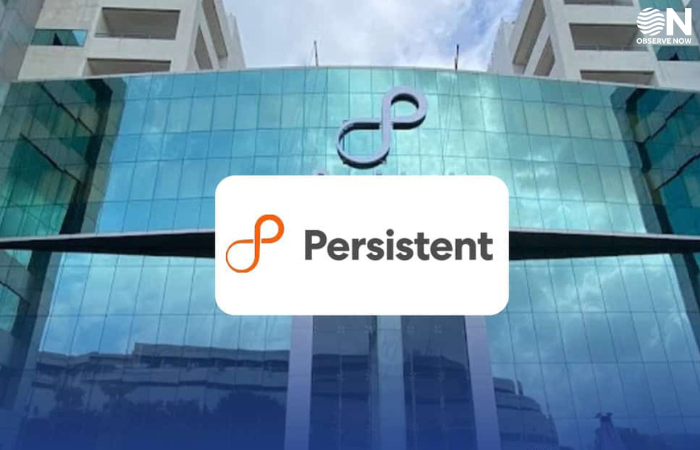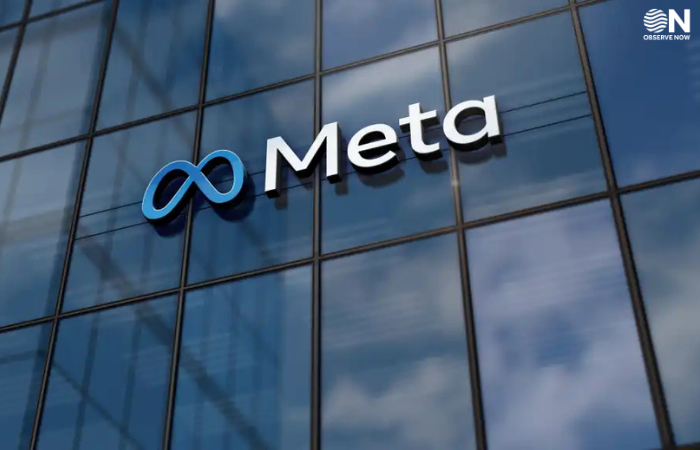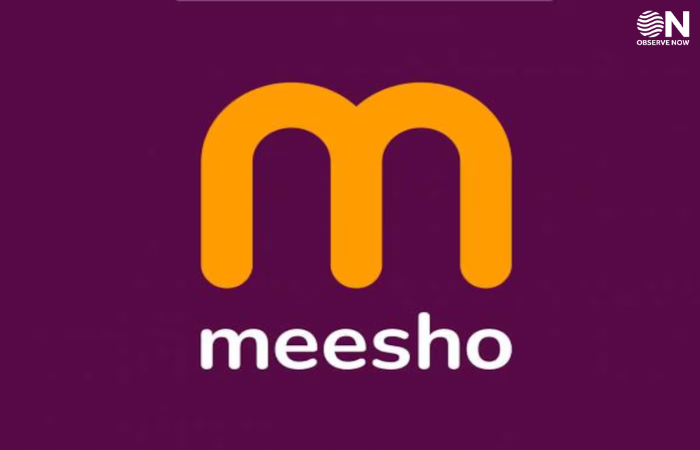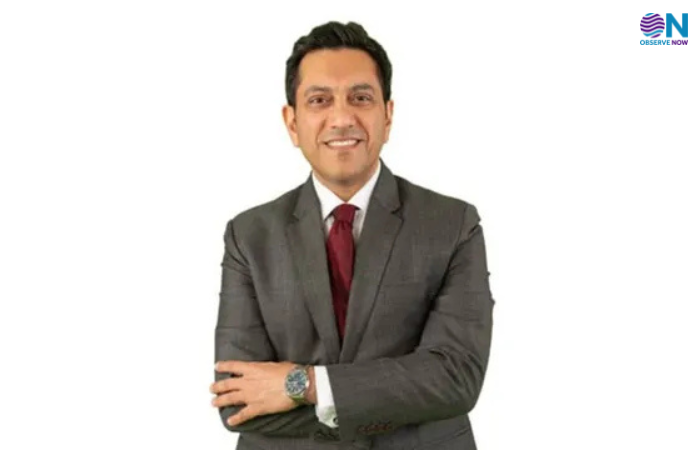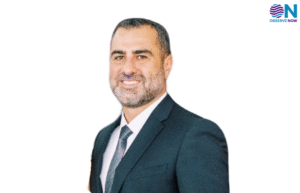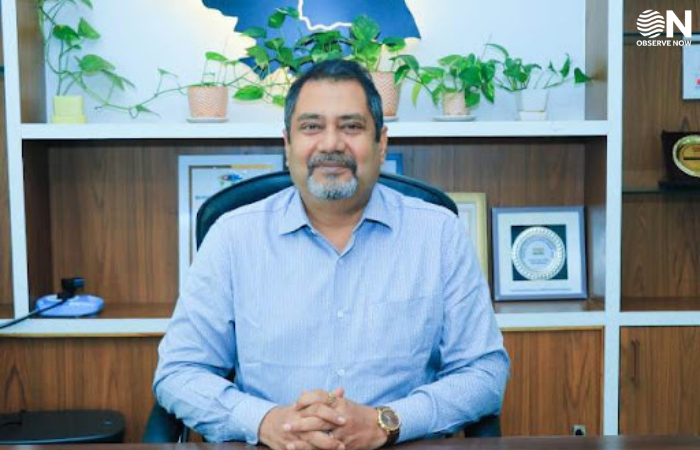Thales Launches Advanced Inflight Entertainment Services Lab in Bengaluru
Thales has inaugurated a cutting-edge Inflight Entertainment and Services lab at its Engineering Competence Centre in Bengaluru, marking a significant milestone in the company’s innovation ecosystem in India. The facility is designed to accelerate the design, development, and rigorous testing of next-generation Inflight Entertainment systems that cater to both domestic and global airlines.
The inauguration was attended by Karnataka’s Minister of Industries, Shri M.B. Patil; Marc Lamy, Consul General of France in Bengaluru; senior executives from Air India; and representatives of the Indo-French Chamber of Commerce, alongside key Thales leadership including Olivier Flous, Senior Vice President of Engineering and Digital Transformation, and François Colonna, Director of the Bengaluru Engineering Competence Centre.
This new lab replicates a full-scale aircraft cabin equipped with IFE systems, offering engineers the ability to simulate real-world passenger experiences through immersive testing of hardware and software under realistic operational conditions. This enables secure data deployment, performance validation, and user experience assessment before roll-out to airlines. The initiative aligns with India’s “Aatmanirbhar Bharat” philosophy, aimed at strengthening local R&D capabilities and scaling engineering talent. Thales emphasizes the lab’s role in increasingly positioning Bengaluru as a key global aviation and aerospace innovation hub.
Shri M.B. Patil noted that the new facility reinforces Karnataka’s prominence in aerospace and defence innovation, leveraging the state’s substantial contribution to national industry growth and positioning the region as a dynamic R&D centre. French Consul General Marc Lamy highlighted the collaboration between France and India, reinforcing the countries’ joint commitment to innovation in aerospace through initiatives such as the Indo‑French Year of Innovation in 2026.
Olivier Flous commented that the new lab supports Thales’s strategic roadmap for IFE systems and enhances operational efficiency for airlines. He emphasized that the Bengaluru centre draws on global expertise and the local engineering talent pool to develop aviation technologies for both India and the world.
Thales’s Engineering Competence Centre in Bengaluru has been instrumental since its 2019 launch, contributing to high-value software and hardware engineering in aerospace and defence. It supports systems including air traffic management, avionics, flight management, radar software, and video connectivity systems, with more than 1,600 engineers across India’s two ECCs in Bengaluru and Noida.
The new IFE lab deepens Thales’s commitment to localisation of R&D, job creation, technology transfers, and collaboration with Indian academia and industry. The facility is expected to accelerate the introduction of innovative aviation technologies, support local aviation services, and serve as a model for responsible, high-quality engineering in the region.
The launch signals Thales’s long-term commitment to India’s aerospace ambitions, with plans to expand engineering staff and elevate the country’s standing as a global centre for research-driven aviation and defence solutions.







